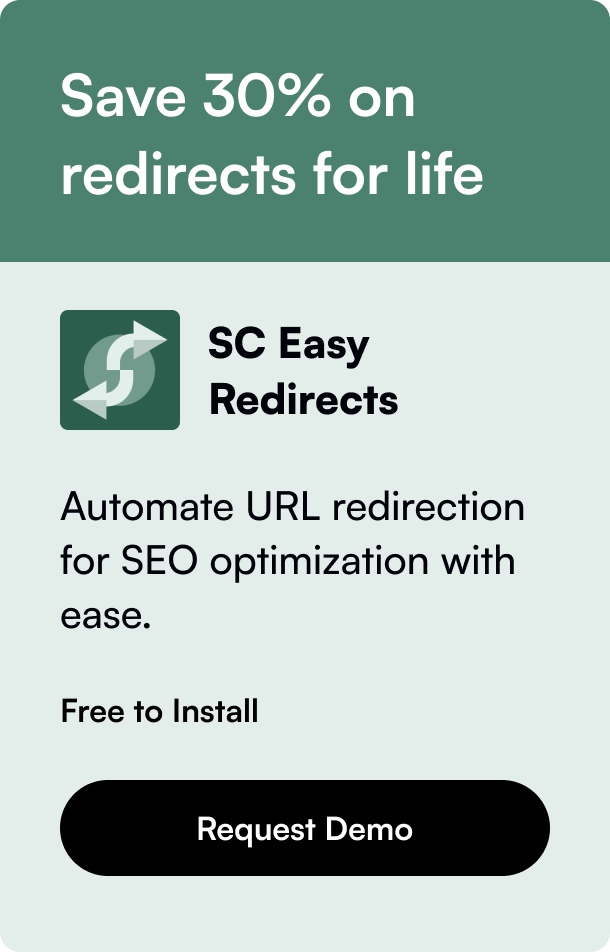Table of Contents
- Introduction
- Deciphering the Role of a Shopify Developer
- Step-by-Step Guide to Becoming a Shopify Developer
- Building the Right Developer Qualities
- Conclusion
- FAQ Section
Introduction
Imagine this: over 1.7 million merchants globally using a single platform for their e-commerce needs. One platform that has witnessed an unparalleled growth rate, outpacing any other SaaS company to cross the billion-dollar revenue mark. Yes, we're talking about Shopify. This growing demand presents a lucrative opportunity for tech enthusiasts and developers. But the question arises, how can one break into this booming industry and become a Shopify developer?
This blog post aims to guide you through the process of becoming a proficient Shopify developer. Whether you're starting from scratch or looking to enhance your skills, we will cover everything you need to know—from understanding the role of a Shopify developer, the skills required, to tapping into valuable resources and practical advice. Let’s embark on this journey to explore an exciting career path in the e-commerce landscape.
Deciphering the Role of a Shopify Developer
Firstly, let’s understand what it means to be a Shopify developer. In essence, a Shopify developer is a specialist who knows how to leverage the Shopify platform to build efficient, scalable online stores. They possess a mix of front-end and back-end development skills, focusing on creating engaging user experiences and integrating essential e-commerce functionalities.
Shopify developers often embark on two primary paths: developing custom Shopify apps that extend the functionality of online stores, or creating bespoke themes that define the visual and interactive elements of a website. Both avenues require a solid understanding of Shopify's ecosystem and the ability to code in Liquid—the platform's proprietary templating language.
Step-by-Step Guide to Becoming a Shopify Developer
Step 1: Choose Your Path
Your journey begins with a decision: would you prefer to excel in creating innovative Shopify apps, or do you see yourself designing captivating Shopify themes? This choice will determine your learning focus.
Theme Development
To excel in theme development, familiarize yourself with HTML, CSS, JavaScript, and Liquid. You’ll learn to craft visually appealing layouts, ensuring that online stores are not just functional but also immersive.
App Development
Diving into app development requires you to grasp backend languages like Ruby, Python, PHP, or Node.js, alongside frontend essentials. You’ll create apps that enhance store functionalities, from marketing tools to inventory management systems.
Step 2: Hone Your Skills
Regardless of the path you choose, certain foundational skills are crucial. Here are the key areas to focus on:
- Frontend Basics: A strong grasp of HTML, CSS, and JavaScript is indispensable. These technologies are the building blocks of web development, crucial for both theme and app developers.
- Shopify Platform Proficiency: Understanding Shopify's architecture, including its API and the Liquid templating language, is fundamental. Familiarize yourself with the Shopify Admin API for backend developers and Storefront API for those focusing on frontend.
Step 3: Utilize Shopify’s Resources
Shopify generously provides a plethora of learning materials and tools to get you started. Some valuable resources include:
- Shopify Partner Program: Joining the Shopify Partner Program is a great way to gain direct experience with the platform. It offers access to Shopify’s development stores, allowing you to test your themes and apps.
- Shopify Dev Docs and Blogs: Shopify’s official documentation and blogs are treasure troves of knowledge, covering everything from API references to development tips and best practices.
- Shopify Community Forums and Events: Engage with the vibrant Shopify community. Participating in forums and attending Shopify-related events can provide you with insights from experienced developers and potential networking opportunities.
Building the Right Developer Qualities
Beyond technical skills, certain attributes will set you apart in the Shopify ecosystem. Cultivate excellent communication skills to understand client needs accurately. Stay adaptable and continuously learn to keep up with Shopify's evolving platform. Moreover, a keen eye for design can significantly enhance the user experiences you create.
Conclusion
Transitioning into a Shopify developer requires commitment, but the growth prospects in this booming e-commerce sphere are immense. Start by choosing your path, cultivating the necessary skills, and immersing yourself in Shopify's abundant resources. Remember, practice is key—start small and progressively tackle more complex projects. As Shopify continues to flourish, so too can your career as a Shopify developer.
FAQ Section
Q: Can I become a Shopify developer without a background in computer science? A: Absolutely. While a computer science background is beneficial, many successful Shopify developers are self-taught, leveraging the vast array of online resources available.
Q: How long does it take to become proficient in Shopify development? A: The timeline varies based on your starting skill level, chosen path (theme or app development), and the time you dedicate to learning. Typically, gaining a basic proficiency can take a few months, while mastering the platform may take a year or more.
Q: Are Shopify developers in high demand? A: Yes, with the increasing reliance on e-commerce, Shopify developers are in great demand. Businesses seek skilled developers to customize their online stores and enhance functionality.
Q: Can Shopify development be a freelance career? A: Absolutely. Many Shopify developers work as freelancers, offering their services to businesses worldwide. It’s a flexible career path that allows for remote work and entrepreneurship.
Q: How can I find my first Shopify development job? A: Start by creating a portfolio of your work. Consider joining the Shopify Partner Program and contributing to open-source projects. Networking in Shopify communities and on platforms like LinkedIn can also lead to job opportunities.








